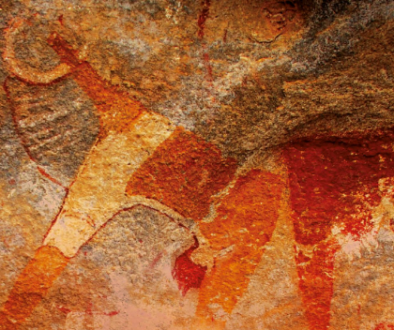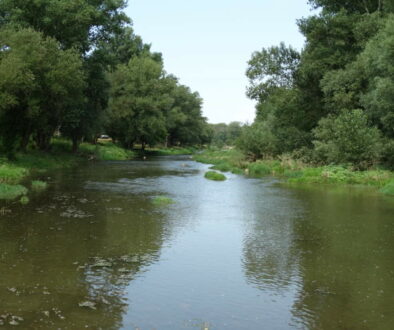Transformative Islamic Ecology: A Study of Islamic Ecology in Action
Inga Härmälä2019
A growing number of environmental movements recognize the need for a change of our spiritual approach to the environment, while we simultaneously witness a revival and development of ecotheologies and religiously motivated environmental activism. Islamic theological discourse on environmental and ecological questions was dormant for a long time, but in recent decades it has increased. This article explores how Islamic ecology has been and could be translated into environmental activism and an ecological way of life grounded in Islamic ethics, i.e. a Transformative Islamic Ecology.
Both human ecology and modern scientific ecology tells us that the world is in dire need for radical changes in order to tackle the local and global environmental catastrophes which are already well under way. In order to examine what an up-to-date Islamic response to the ongoing worldwide ecological crises could look like in practice, the author interviewed well-educated Muslim environmental activists on the Islamic beliefs and practices they view as important for their work on the advancement of sustainable agriculture and permaculture. The three main topics which emerged are: a) spiritually connecting to nature through contemplation, b) stewardship (khalīfa) as a commitment to learning and recognizing a diversity of knowledges, and c) staging change and striving to create systems free of corruption based on sustainable agriculture, permaculture, an interest-free economy and a diverse civil society. These dimensions could also form the basis for a movement of Transformative Islamic Ecology, which could help in changing theoretical Islamic ecology into practice.
Reference
Inga Härmälä (2019) Transformative Islamic Ecology: A Study of Islamic Ecology in Action. Research paper presented at CILE 7th Annual international Conference – Doha, Qatar – March 23, 2019.




